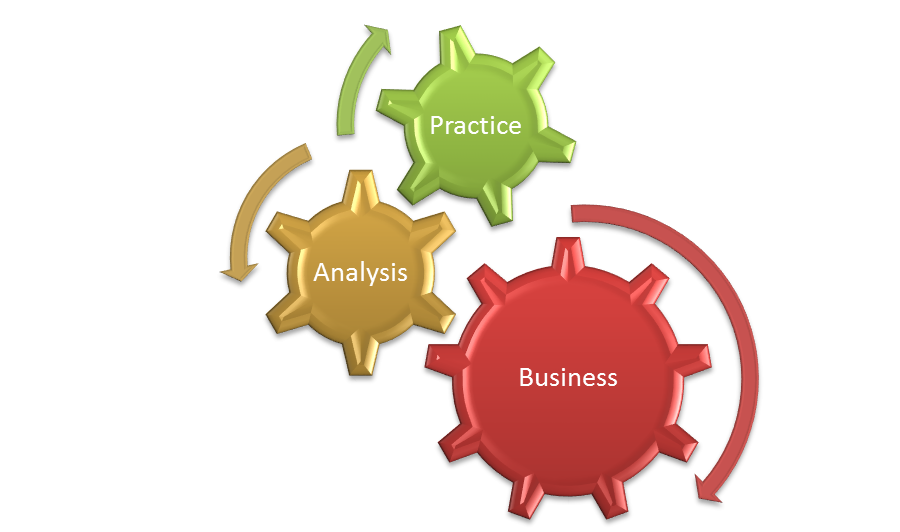Sheffield is a city area in South Yorkshire, England. Actually part of the West Riding of Yorkshire, its name originates from the River Sheaf, which innings through the city. With some of its southern suburbs occupied from Derbyshire, the city has grown up from its main manufacturing roots to include a broader economic base.
In the 19th century, Sheffield increased a global reputation for steel manufacture. Known as the Steel City, many novelties were industrialised nearby, counting container and stainless steel, powering an almost tenfold increase in the population in the Industrial Rebellion. Sheffield conventional its public charter in 1843, flattering the City of Sheffield in 1893. International rivalry in iron and steel produced a weakening in these businesses in the 1970s and 1980s, according to with the failure of coal withdrawal in the area.
Government:
Sheffield is ruled at the local level by Sheffield City Council. It contains 84 councillors chosen to signify 28 words: three councillors per district. Following the 2016 local votes, the delivery of assembly places is Labor. The city also has a Lord Mayor though now just a ritual position, in the past, the office approved substantial authority, with decision-making powers over the funds and businesses of the city assembly.
Much of its past the assembly was skilful by the Labor Party, and was noted for its leftist understandings; during the 1980s, when David Blunkett ran Sheffield City Council, the area augmented the epithet the Socialist Republic of South Yorkshire. Though, the Liberal Democrats measured the Council between 1999 and 2001 and took control again from 2008 to 2011.
Climate:
Like the break of the United Kingdom, the weather in Sheffield is usually temperate. The Pennies to the west of the city can make a cool, depressed and wet atmosphere, but they also deliver shelter from the usual westerly breezes, forming rain shadow across the area. Between 1971 and 2000 Sheffield be about 824.7 millimetres (32.47 in) of rain per year. December was the rainiest month with 91.9 millimetres (3.62 in) and July the dehydrated with 51.0 millimetres (2.01 in). July was also the hottest month, with an average maximum temperature of 20.8 °C (69.4 °F). The regular least temperature in January and February was 1.6 °C (34.9 °F), however the lowermost heats recorded in these months can be between −10 and −15 °C (14 and 5 °F), though since 1960, the temperature has never fallen below −9.2 °C (15.4 °F), signifying that urbanization around the Weston Park site during the second half of the 20th century may stop temperatures below −10 °C (14 °F) happening.

 ENQUIRE
ENQUIRE
 REQUEST CALLBACK
REQUEST CALLBACK
 GET A FREE QUOTE
GET A FREE QUOTE


 Introduction
Introduction Course Details
Course Details Course Content
Course Content





 London
London